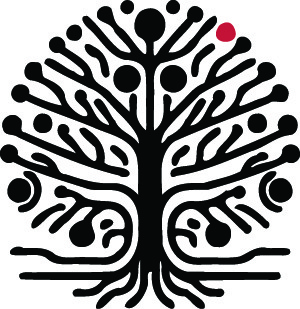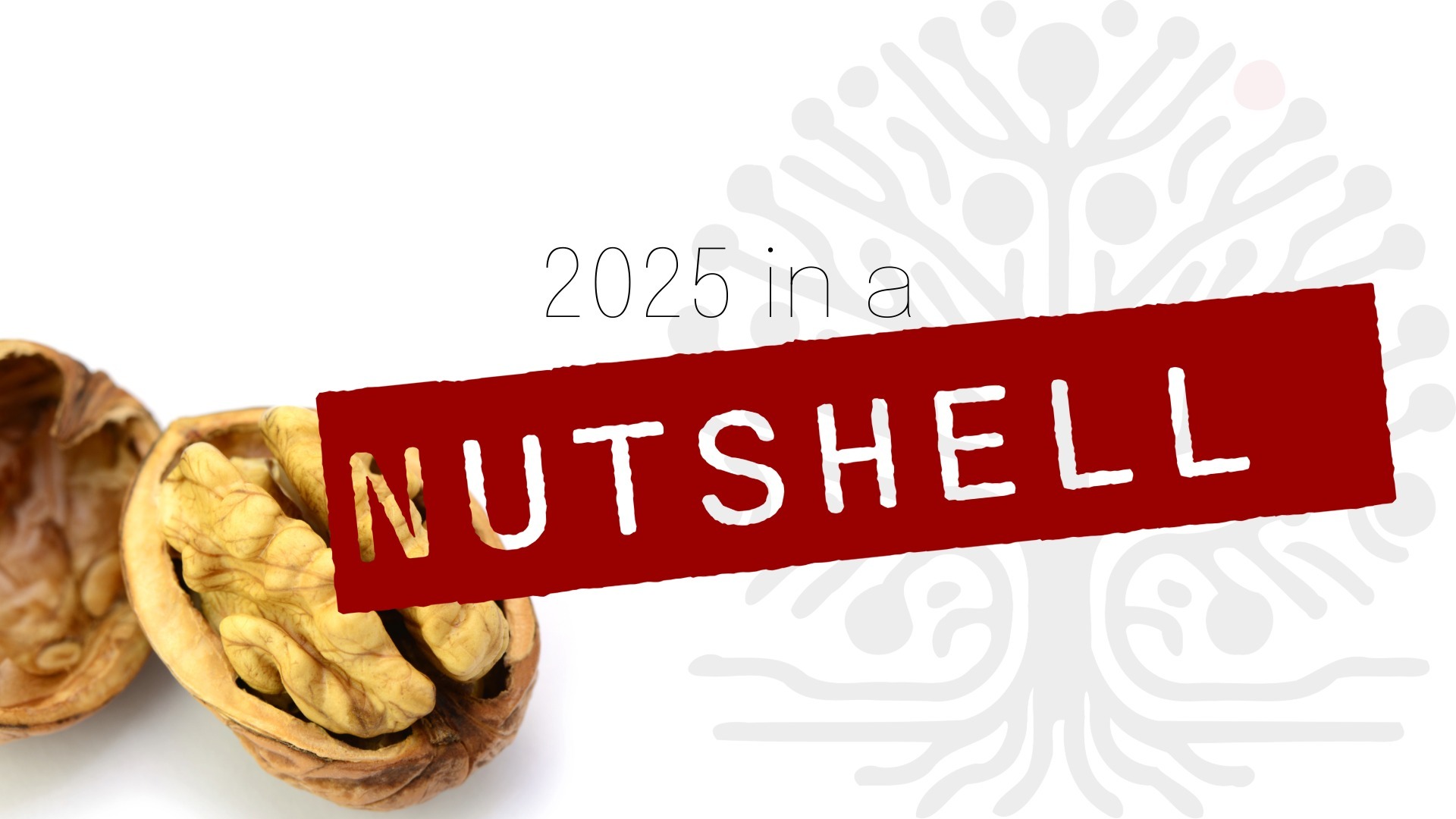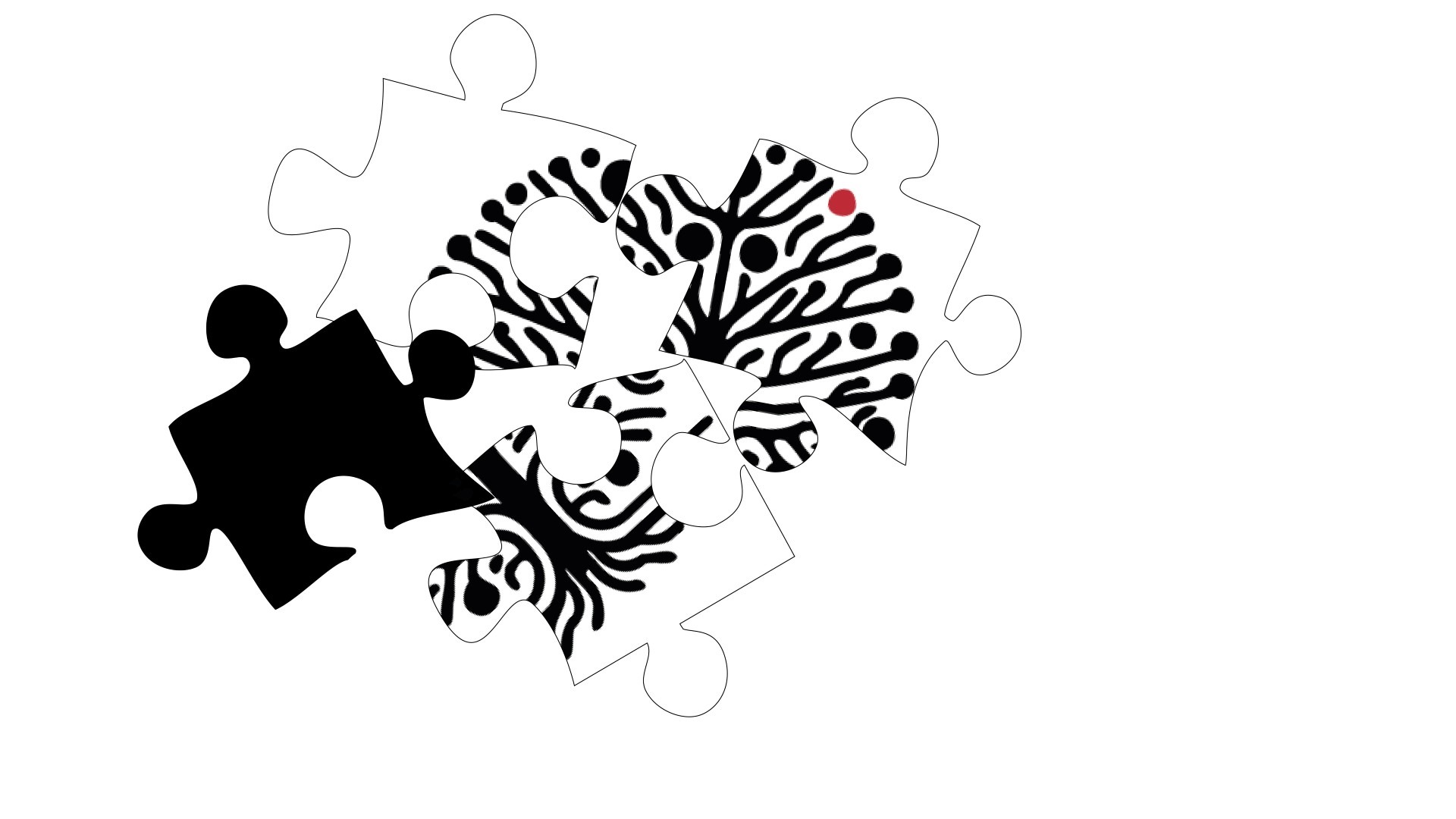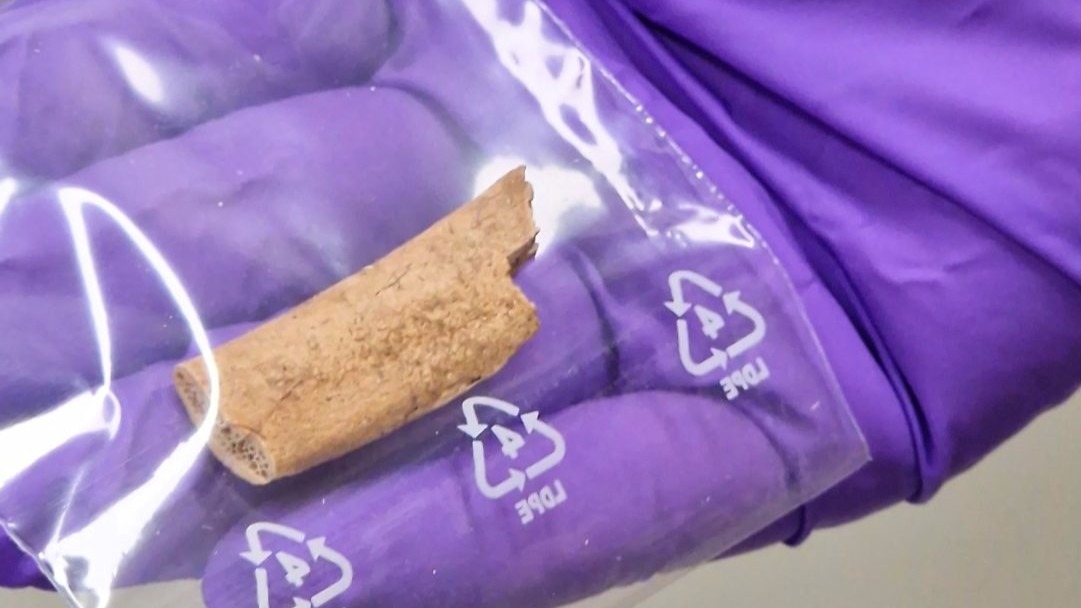One of our partner organisations holds an interdisciplinary symposium (at the Uppsala University on 24th October) where the Center’s for the Human Past board members will present our ways of working across scientific disciplines. The registration is free.
Bridging disciplinary differences to make a difference
Efforts to navigate and span the divides between Humanities and Social Sciences, STEM, and Medical Sciences

The pressing issues of our time require solutions that transcend traditional disciplinary boundaries. Efforts to bridge the larger disciplinary divides is a long-held promise and aspiration for interdisciplinary research. But how do we overcome the challenges that such radical interdisciplinarity presents?
Join us for a half-day symposium where researchers working in co-creation with stakeholders and engaging with society, will discuss how they navigate larger disciplinary divides. The symposium will conclude with a mingle, offering a chance to further discuss the topics at hand.
https://www.uu.se/en/centre/circus/events/archive/2024-10-24-circus-interdisciplinary-symposium



